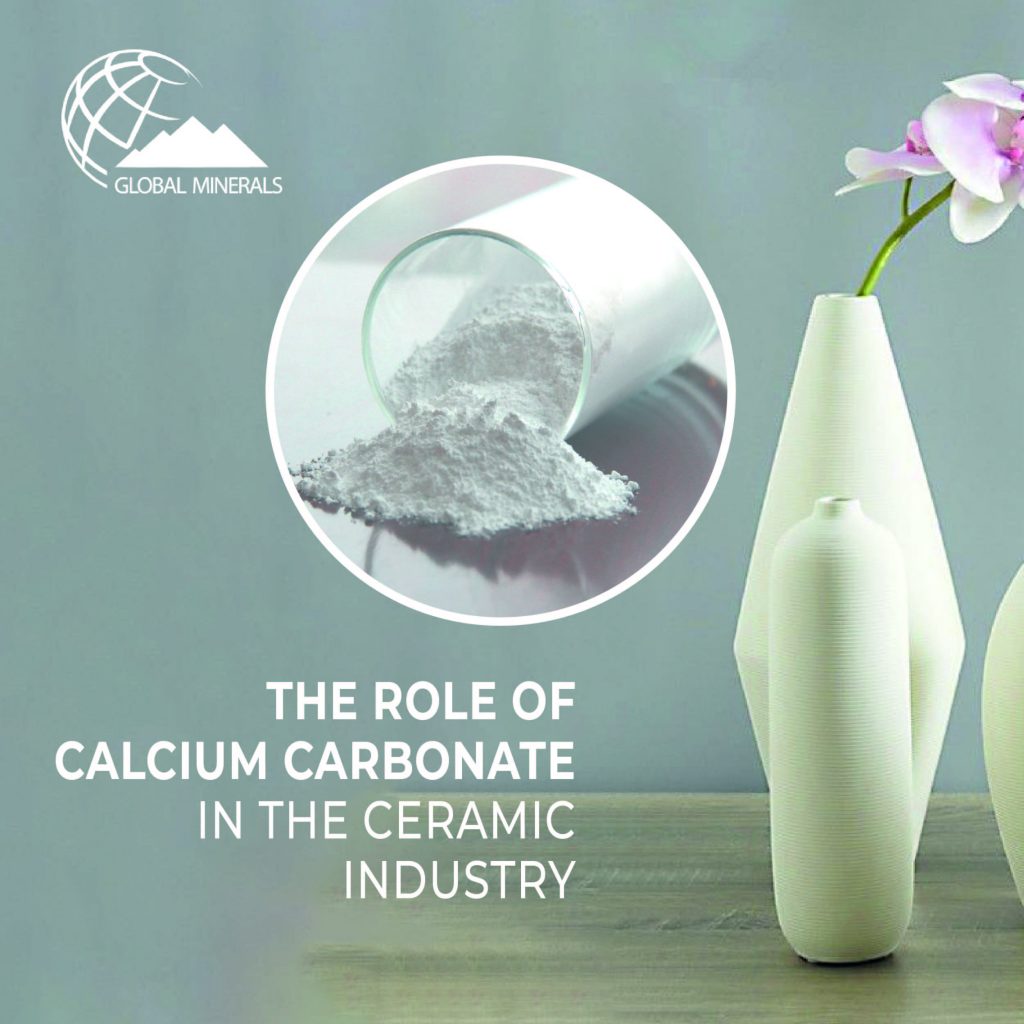Ceramics are considered a revolution in the field of materials thanks to their durability and resistance to abrasion. They have been used for centuries to manufacture various items such as ceramics, insulating materials, and building materials. However, the production of ceramics is challenging. Ceramic manufacturers must consider many factors, including the type of clay used, the manufacturing process, and the firing temperature. Calcium carbonate is an essential ingredient that plays a vital role in ceramics production. This blog post explores the role of calcium carbonate in the ceramic manufacturing sector.
1. What is Calcium Carbonate?
Calcium carbonate (CaCO3) is a chemical compound found naturally in rocks, minerals, and seashells. It is a white, odorless, and tasteless powder widely used in various industries, including ceramics. Calcium carbonate is the main component of limestone, a sedimentary rock mainly of calcium carbonate.
2. The Role Of Calcium Carbonate In Ceramics Production
Calcium carbonate is an essential ingredient in the production of ceramics. It is a source of calcium ions necessary to form calcium silicate hydrates, which are responsible for the strength and hardness of ceramic materials. Calcium carbonate also acts as a flux, helping to reduce the firing temperature of ceramics. This is important because the ceramic can be fired at a lower temperature, significantly reducing fuel costs.

3. Importance of particle size and purity
Particle size and purity are essential factors in the quality of calcium carbonate used in manufacturing ceramics. The size of the calcium carbonate particles is critical because it affects the physical properties of the ceramic material. The purity of the calcium carbonate used also affects the quality of the ceramic produced. The final product will not meet the absolute standard if the calcium carbonate raw material contains impurities such as iron or magnesium.
4. The Use of Calcium Carbonate in Enamel
Calcium carbonate is also used in the manufacture of glazes for ceramics. Enamel applied to ceramic material makes the product more aesthetically appealing and improves performance. Calcium carbonate is an essential component of enamel because it acts as a flux, helping to reduce the melting point of the glaze mixture, with the end product achieving a uniform glaze standard.
In summary, calcium carbonate is an essential ingredient in ceramics production. It serves not only to improve the quality of ceramics but also to improve the manufacturing process by reducing the firing temperature. As technology advances, calcium carbonate’s role in ceramics production will continue to expand, spurring innovation and improving the quality of ceramics.
